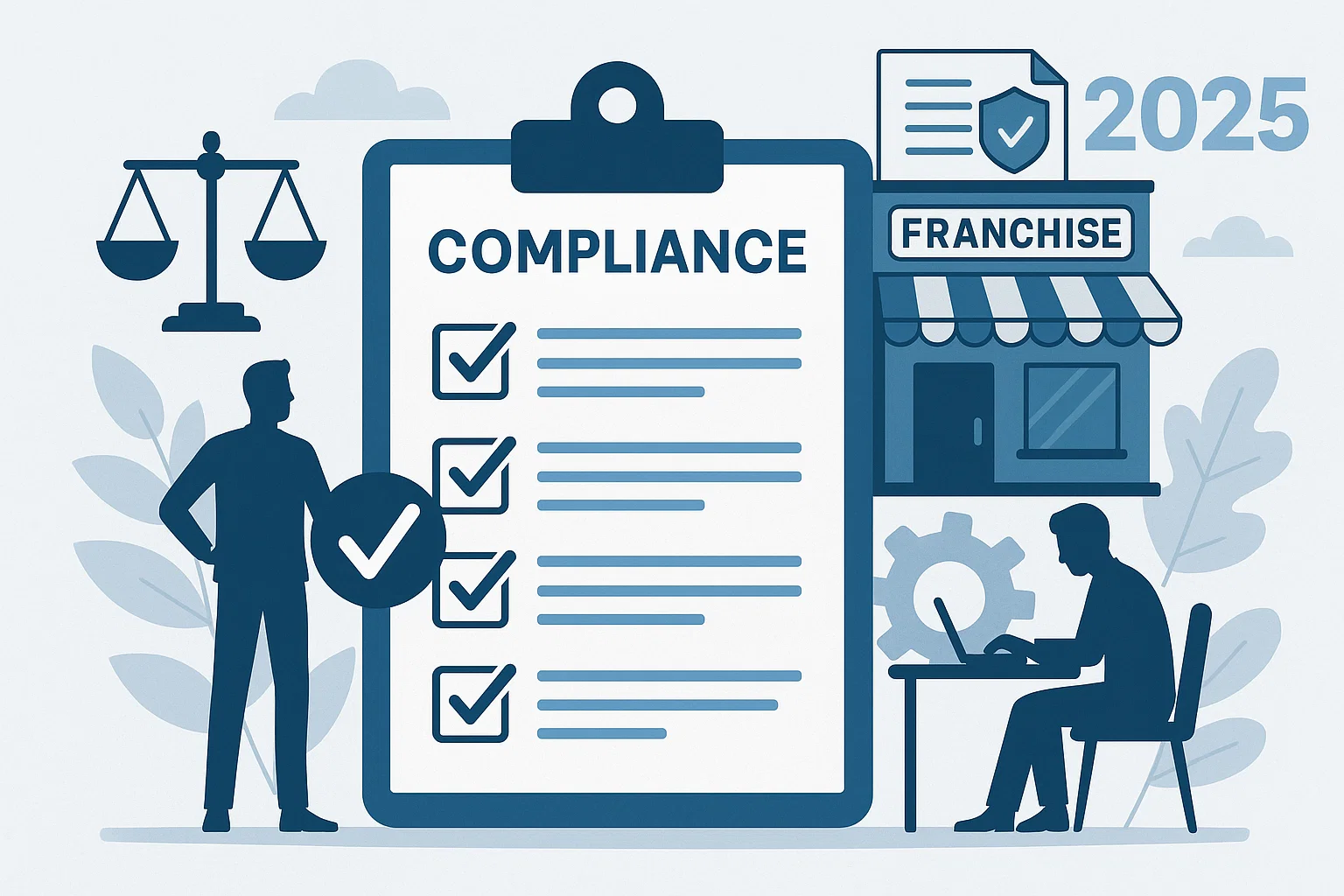Photo By Tima Miroshnichenko
Your brand grows when your units run the play the same way every time. Not with thicker binders, but with a simpler operating system that removes friction, clarifies the work, and lets people win their shift. If you want consistency, profitability, and scale, simplicity is not a nice to have, it is the system.
FRANCHISE OPERATIONS MANUAL AND STANDARD OPERATING PROCEDURES, THE SIMPLE OPERATING SYSTEM THAT DRIVES UNIT ECONOMICS, CONSISTENCY, AND GROWTH
A franchise lives and dies on repeatable execution. The simple operating system is the heartbeat that keeps every location in rhythm. It is not a pile of rules. It is a clear franchise operations manual, clean standard operating procedures, crisp checklists, and focused tools that make the work easier for the frontline. When the work gets easier, quality rises, speed improves, and costs fall. That is unit economics in action.
Think about what you need the system to do. Deliver the same customer experience, shift after shift. Protect food safety and brand standards. Keep labor productive without burning people out. Move inventory with less waste. Support local marketing with a reliable calendar. Coach the team so new hires onboard faster, managers lead better, and turnover slows. The simple operating system is the framework that holds all of this together, and it starts with a living operations manual that is specific, accessible, and continuously improved. The manual is not a book that gathers dust. It is a digital playbook that sits in every phone, in every back office, and in every training plan.
Standard operating procedures convert brand standards into actions. They explain what good looks like, how to do it, when to do it, and how to verify it. They remove guesswork, which raises quality control and improves customer experience. Great SOPs also tighten the relationship between franchisor and franchisee, because they anchor training, coaching, and compliance to the same clear expectations. When disputes arise, the manual and the checklists provide an objective yardstick, which protects the brand and supports fairness across the system.
A simple operating system boosts franchise profitability because it reduces variation. Variation is expensive. It shows up as slow ticket times, inconsistent portioning, weak upsell rates, missed prep, and confused shift handoffs. Simplicity attacks variation by making the best way the easiest way. One page, one task, one owner. The most important processes deserve visual cues, short how to clips, and step by step guides that match the realities of a busy line or service counter. Tie those guides to the point of sale workflow, the inventory management cadence, and the daily KPI tracking so the system pulls people toward the right actions in real time. When the work is designed well, people do not need reminders. The workflow itself becomes the coach.
Training is where a simple operating system pays off fast. New team members learn faster when the playbook is clear and the practice fits the job. Use short sessions, job shadowing, and quick quizzes rather than long lectures. Build a ladder of certification, from station basics to cross training to shift leadership. Managers coach with checklists that are built into the daily routine, not added on top of it. Consistent learning lifts labor productivity and creates the bench strength you need for multi unit operations. It also fuels better customer reviews because the experience is predictable and friendly.
Simplicity does not mean static. The best franchisors audit, learn, and improve in cycles. They gather data through mystery shops, customer feedback, and operational scorecards. They watch KPI trends like average ticket, labor cost, food cost, speed of service, and complaint resolution time. They invite franchisee councils to pressure test new procedures before a full rollout. They catalogue lessons learned in the operations manual so knowledge compounds. Over time, the system becomes a source of competitive advantage that new entrants cannot easily copy.
Technology should serve the operator, not the other way around. Choose tools that reduce keystrokes, cut duplicate entry, and surface insights without extra work. A clear franchise CRM supports local marketing and loyalty, but it must integrate with the point of sale and the production schedule. A simple task manager with mobile checklists helps managers run the day and document completion. A lightweight learning platform delivers micro lessons and short videos that teams can access on the floor. A shared knowledge base houses every standard and makes search instant. If a tool adds clicks without adding value, remove it. The hallmark of a great operating system is that teams say it helps them finish the shift, not that it gives leaders more dashboards.
Culture closes the loop. A simple operating system does not replace leadership, it amplifies it. Managers who hold the line on brand standards while coaching with respect create a high trust environment. People stay, skills grow, and the customer can feel the difference. The service profit chain is real. Happy employees create better experiences, which drive repeat visits and stronger unit economics. The manual and SOPs are the script. Leaders bring the script to life.
Here is a forward view. More franchise systems are using smart checklists, guided prep, and adaptive training that meets team members on their phones. Stores are using cameras to measure speed and accuracy, not to punish, but to coach and improve. Playbooks are linked to live data so operators see which procedures change outcomes, and they adjust fast. Simple will beat complex because simple scales. In the next cycle of growth, the winners will be the brands that turn clarity into habit, and habit into profit.
Sources
- International Franchise Association, guidance on the role of the manual and the franchise relationship.
- International Franchise Association, operations manual as a pillar of success.
- Harvard Business School Online, the service profit chain links people, experience, and profit.
- Harvard Business Review, balancing efficiency and service in operations.
- McKinsey, frontline operating models and investment in frontline talent that lift productivity and stability.
- QSR Magazine, training at scale and modern learning tools across large franchise systems.
- Renascence Journal, SOPs as foundations of consistent customer interactions.
- Nicereply, benefits of SOPs for efficiency and quality.
- JustCall, continuous SOP review to maintain effectiveness.
- Google, how Google Trends represents search interest and how to use it to identify high interest topics and keywords.
- SEOpital, examples of high volume franchise keywords within the franchise niche.
- Kogneta, franchise SEO playbook and keyword discovery approach.
- Neil Patel, franchise SEO principles for identifying and using important keywords.
- UseWhale, overview of the franchise operations manual as the foundation of performance and conduct.
This article was researched, outlined and edited with the support of A.I.


